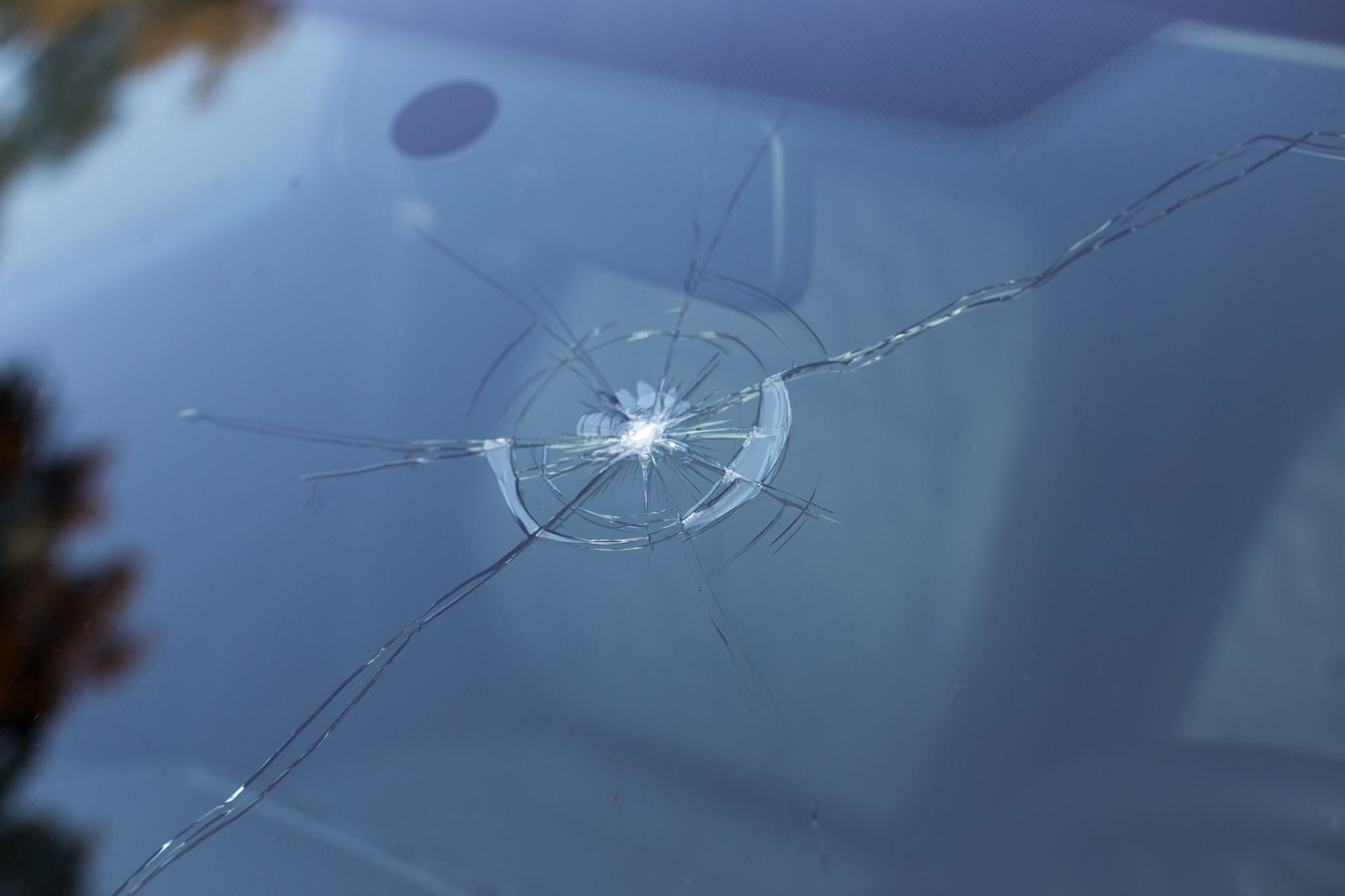Expert Insights: When to Replace Your Windscreen for Safety and Performance
Understanding the Importance of Your Windscreen
Your car's windscreen is more than just a window to view the road ahead. It plays a crucial role in ensuring your safety and the overall performance of your vehicle. A well-maintained windscreen provides structural integrity, aids in proper airbag deployment, and offers visibility. Unfortunately, many drivers overlook the importance of windscreen maintenance until it's too late.
Keeping your windscreen in optimal condition is essential for both safety and efficiency. Damage, no matter how minor, can compromise the windscreen's function. Therefore, it is important to know when it's time to replace your windscreen to maintain both safety and performance.

Signs That It's Time to Replace Your Windscreen
Visible Cracks and Chips
One of the most obvious signs that your windscreen needs replacing is the presence of visible cracks or chips. While small chips can sometimes be repaired, larger cracks typically require replacement. Cracks can obstruct your view and may spread over time, further compromising the windscreen's integrity.
Obstructed View
If you find yourself struggling to see the road clearly due to scratches, cloudiness, or multiple chips, it's likely time for a replacement. An unobstructed view is critical for safe driving, especially in adverse weather conditions.
Compromised Structural Integrity
Your windscreen contributes to the overall structural stability of your vehicle. If it is damaged, it may not provide adequate support in the event of a collision. This can be particularly dangerous if your vehicle's airbags deploy, as they rely on a strong windscreen for proper function.

Factors Influencing Windscreen Replacement
Location and Size of Damage
The location and size of the damage play a significant role in determining whether a repair or replacement is necessary. Damage in the driver's line of sight or near the edges of the windscreen often requires replacement, as these areas are critical for both visibility and structural support.
Frequency and Severity of Damage
If you frequently encounter damage such as chips and cracks, it might indicate a deeper issue that requires addressing. Continual repairs can become costly over time, making replacement a more cost-effective solution in the long run.
Benefits of Replacing Your Windscreen
Replacing a damaged windscreen offers several benefits beyond just restoring visibility. A new windscreen enhances the overall safety of your vehicle, ensuring that airbags deploy correctly and maintaining the structural integrity during accidents.

Additionally, a new windscreen can improve fuel efficiency by ensuring that your vehicle's aerodynamics are not compromised by cracks or chips. This can lead to savings at the pump and a smoother driving experience.
Conclusion: Prioritize Safety and Performance
Ultimately, replacing your windscreen when necessary is an investment in your safety and the performance of your vehicle. By staying vigilant and addressing issues promptly, you can ensure that your car remains reliable and safe on the road.
If you notice any signs of damage, consider consulting with a professional to assess whether repair or replacement is the best option. Remember, a clear and intact windscreen is essential for safe driving.
